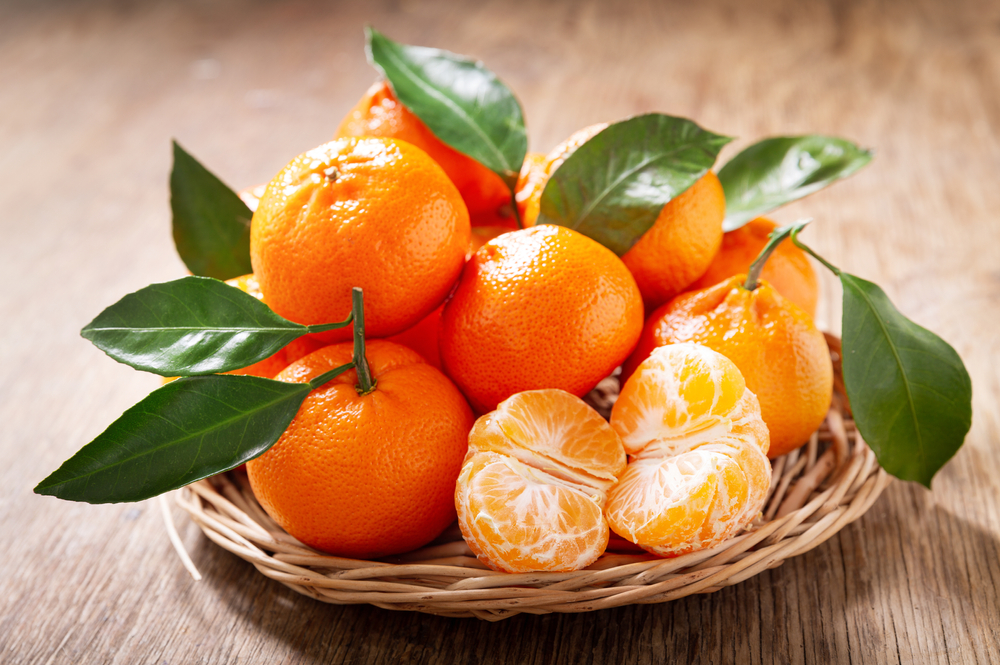Orange juice, a breakfast staple, has several health benefits, including ample vitamin C. Combined with the fizz of fermented tea, it makes for a delicious orange kombucha flavor with many health benefits.
When combined, homemade kombucha and orange juice offer a healthy dose of vitamins B and C and are a great way to start the day. It can also be used as a nice pick-me-up in the afternoon.
Table of Contents

Orange Kombucha Juice
Total Time: 5 minutes
Yield: 1 Serving 1x
Description
This slightly carbonated orange tea is full of probiotics, antioxidants, and health benefits. It’s an excellent drink for adults and children to enjoy together.
Instructions
- Cut the oranges into halves.
- Use a juicer or squeeze oranges over a mesh strainer to extract the juice.
- Mix the orange juice and kombucha in a glass.
- Enjoy the drink at room temperature, or add a handful of ice.
Notes
You can use green tea kombucha rather than black tea, though this may alter the taste slightly. Green tea tends to be a bit more subtle in flavor and more herbaceous.
You can use store-bought kombucha, but make sure it’s unflavored, or that the flavor would work well with orange. Ginger kombucha is a great option. Alternatively, add pieces of grated, fresh ginger to the juice.
If you don’t want to take the time to juice your own oranges, you can substitute 1/2 cup of store-bought orange juice. I recommend using sugar-free orange juice.
If you want a sweeter variation, add 1/2 tsp of vanilla extract for a delicious and refreshing orange creamsicle flavor!
- Prep Time: 5 minutes
What Does Orange Kombucha Juice Taste Like?
While kombucha can taste tart or bitter, the orange juice adds some sweetness. However, both drinks are acidic, so choose sweet oranges when making this recipe. You will get the sweet, tangy flavor of oranges mixed with the tartness of the kombucha, creating a lovely combination of flavors.

Which Types of Oranges Are Best For This Recipe?
I prefer Mandarin or Valencia oranges for this recipe because of their distinctive sweet and tangy orange flavor. However, you can choose from a variety of oranges. Some of my favorites include:
Blood Oranges
These oranges have a subtly sweet flavor. However, unlike other orange variations, they have hints of red grapefruit, tart cherries, and raspberries.
Navel Oranges
This orange is sweet, mildly acidic, and aromatic. However, hybrid variations of this type of orange are much sweeter than the typical orange (Cara Cara being one of them).
Tangerines
The tangerine is less sour and much sweeter than other oranges. It also has a bolder flavor. This is an excellent choice if you want sweeter kombucha juice.
Mandarin Oranges
These are great oranges to use because they are generally juicy and sweet. They are somewhat acidic and give off a citric fragrance. They also have just a hint of vanilla spiciness, making them extremely flavorful.
Valencia oranges
These oranges have an excellent sweet-to-acidic balance. They have a tart yet syrupy flavor and are great for adding flavor to this home-brewed kombucha drink.
What Are the Health Benefits of Orange Kombucha Juice?
Kombucha tea has an abundance of probiotics that promote gut health. It also has antioxidants, can help boost your immune system, and may even help prevent cancer and ward off high blood pressure and heart disease.
Orange juice adds another layer of health benefits to this fizzy drink, including the following:
- High levels of vitamin C to promote a healthy immune system
- High levels of iron, folate, calcium, and vitamin A
- Can help with congenital disability risk reduction
- May reduce the risk of kidney stones
How Much Caffeine Is In Orange Kombucha Juice?
There is around 7.5 mg of caffeine in this kombucha recipe. The only caffeine comes from the four ounces of kombucha.
How Many Calories Are In Orange Kombucha Juice?
There are around 71 calories in this carbonated drink. Four ounces of kombucha contains about 15 calories, and 1/2 cup of orange juice (around the amount you’ll get from 2 oranges) contains about 56 calories.
This number could vary, depending on whether you use homemade or store-bought kombucha and the oranges you use.
Should You Make This Recipe with Young, Sweet Kombucha or Older, Sour Kombucha?
Because orange juice and kombucha have high acidity levels, young, sweet kombucha will make this recipe sweeter and tastier.
However, if you prefer tart flavors, make it with an older kombucha. Alternatively, use older kombucha as starter tea to kick start the fermentation of your next batch.

